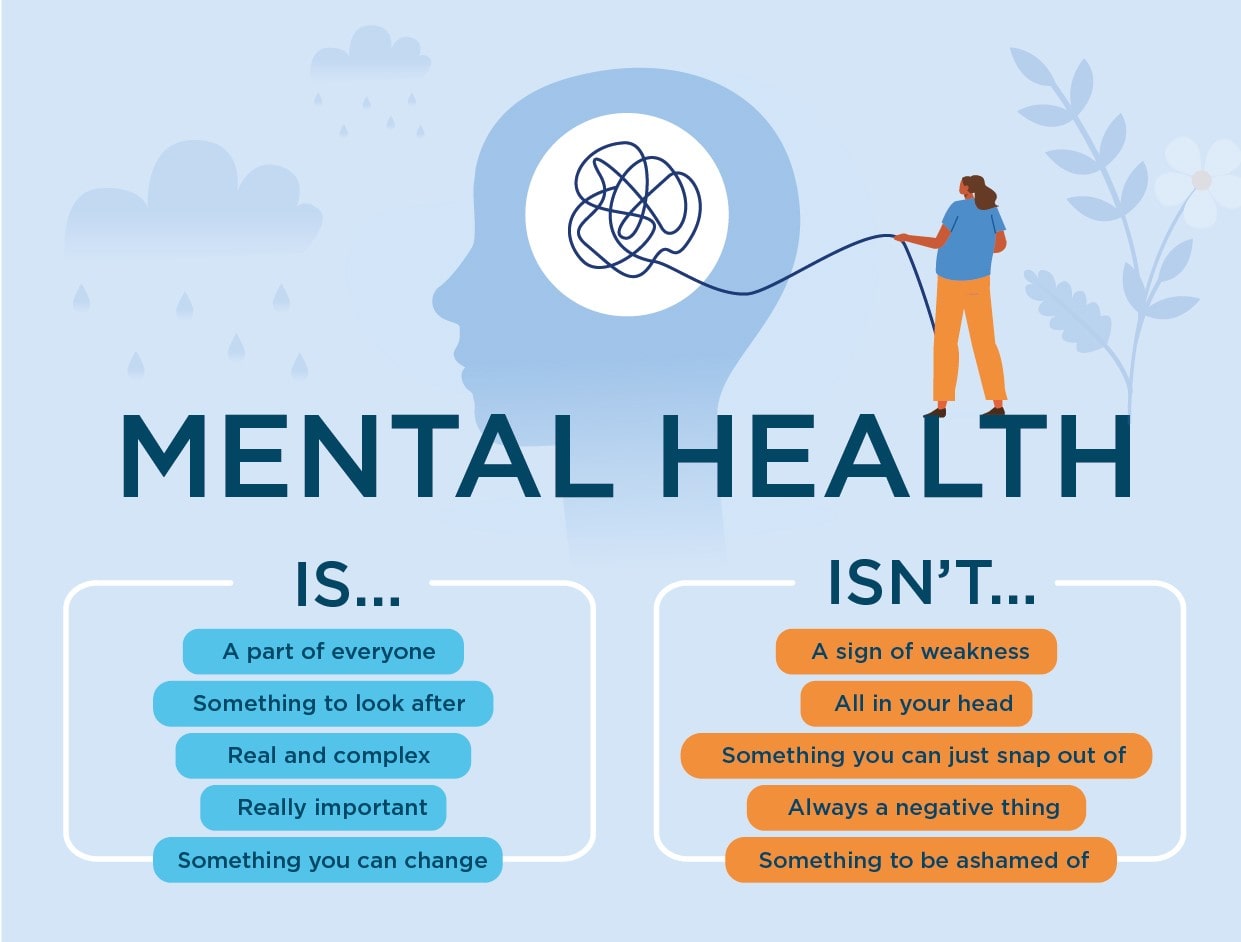Call Me Crazy
For as long as I can remember, adults have been calling me a “drama queen”. I was considered “overly emotional”, “attention seeking”, and even “crazy”. At the age of 4, these labels were forced onto me by those very same adults who were supposed to help and support me. They convinced themselves I was manipulating them, so their solution was just to ignore me. In truth, the overwhelming anger and shame of being molested was bottled up, and my behavior was criticized. Which taught me I wasn’t worth their time, understanding or affection. It taught me to hate myself. My solution to vent these emotions was cutting.
Taking that blade to my flesh was my own desperate attempt to physically release all of that built-up emotional pain. It broke through the floodgates and allowed me to let go of the negative emotion. It gave me control. My family spent so many years telling me who not to be, I lost touch of who I wanted to be. In 2012, I was diagnosed with Borderline Personality Disorder, an unstable pattern of emotions that interfere with one’s ability to appropriately respond to external stimuli. The most difficult part is the personal struggle to understand one’s identity. BPD is often characterized by a fluctuation between manic and dissociation; it literally destroys a person’s sense of self.
Since my diagnosis, I have searched for more information to understand my own brain. I learned that my struggle begins with an overactive and underdeveloped lobe which inhibits rational thinking and instinctively sends me into fight-or-flight mode. Situations that most people find to be “no big deal” can send me into a full-blown panic attack. For example, one time, I hysterically called my ex-husband’s work to ask him where my cigarettes were; he had put them in my purse for me and forgot to tell me. My freak-outs often lead to arguments. That kind of overreaction eventually caused my divorce, pushed away close friends, and led to my arrest. As of now, I am doing much better and leading a much healthier life.
That all being said, I leave you with this request: next time any of you find yourselves mocking an anxiety attack, saying “it’s not real” or “it’s all in their head”, just don’t. As Albus Dumbledore says to Harry at the end of Book 7: “Of course it is happening inside your head, Harry, but why on earth should that mean that it is not real?”

Comments
Post a Comment